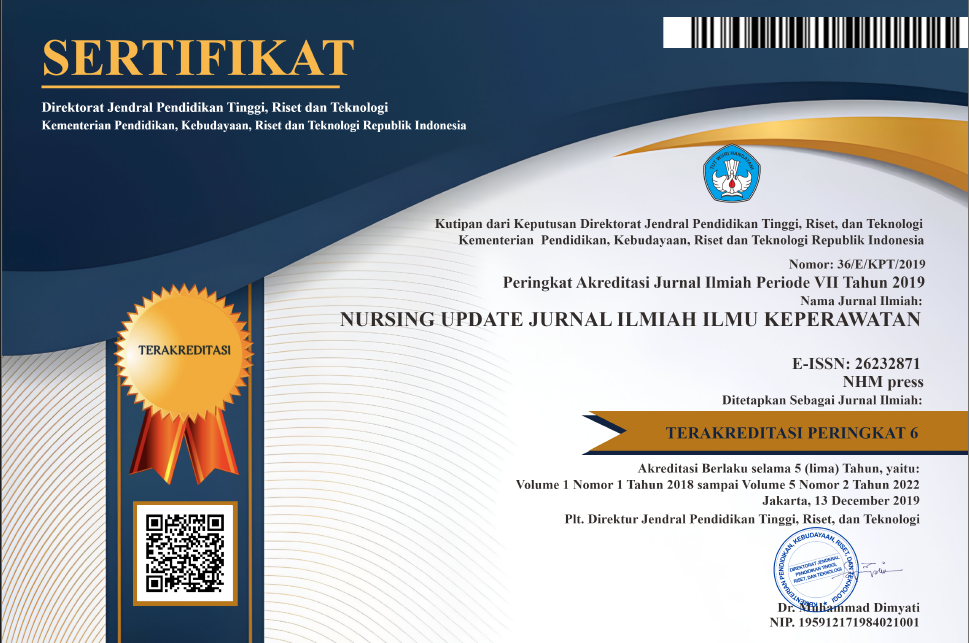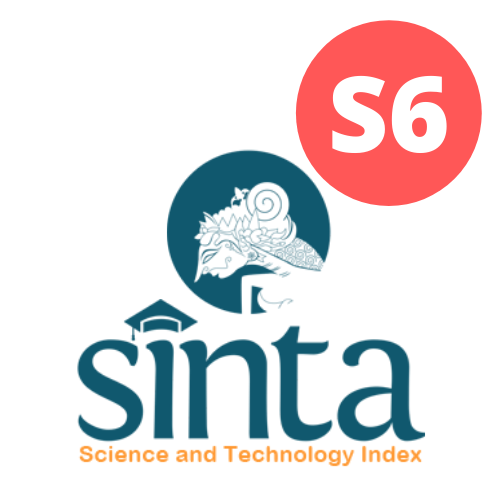PENGARUH KELAS POJOK GIZI DALAM PEMBERIAN MAKANAN BAYI & ANAK (PMBA) TERHADAP STATUS GIZI UNTUK PENCEGAHAN STUNTING
Abstract
The prevalence of stunting of children under five collected by the World Health Organization (WHO), Indonesia is included in the third country with the highest prevalence in 2005-2017 is 36.4%. The incidence of stunting (short) children is a major nutritional problem facing Indonesia. The problem of malnutrition and malnutrition is directly influenced by factors that are low in access to food in terms of quantity and quality of nutrition, poor parenting, especially in the behavior and practice of feeding infants and children, and low access to health services including access to sanitation and clean water. The PMBA gold standard is recommended because it can reduce child mortality and improve the quality of life for mothers according to the SDG's. The Infant and Toddler Feeding Program (PMBA) in infant & toddler nutrition classes will be carried out in several posyandu in the Sawah Lega Health Center area with the aim of overcoming nutritional problems for children under five. The purpose of this study was to determine the effect of the Nutrition Corner Class in the Infant and Child Feeding Program (PMBA) on Nutritional Status for Stunting Prevention. The method used in this research is quasi experimental research (Quasi-Experimental Research). The research sample was taken by using purposive sampling. Data analysis using Paired T-test. The results showed that there was difference in nutritional status before and after the nutrition corner class of the PMBA program.










